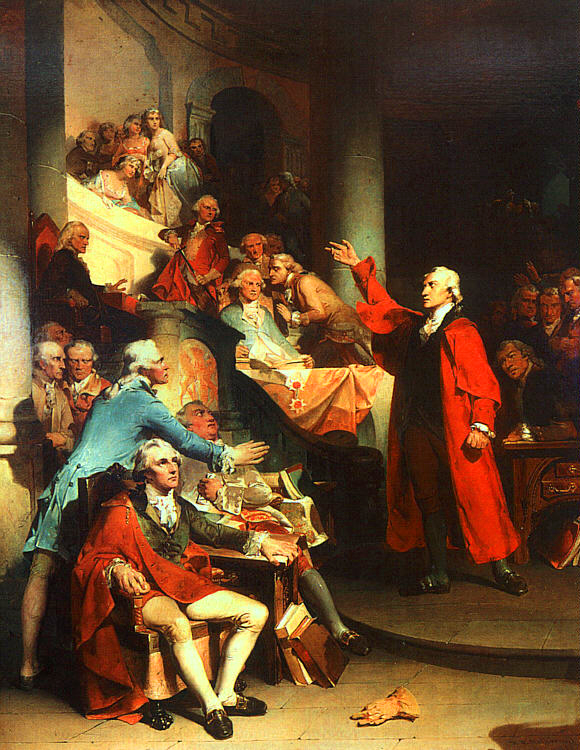New York Governor Horatio Seymour noted that “very few [Northern] merchants had been backward about importing [slaves] and selling them South” — and that “Slavery, in fact, was upheld by the great business firm of “Weaver, Wearer and Planter” — only one of the three partners of which resided in the South — but for the looms of New England and Old England [slavery] could not live a day.” Seymour further observed that the Republican defeat of the Crittenden compromise, a measure which would have forestalled the secession movement. Historian James Ford Rhodes wrote that ‘it seems to me likewise clear that, of all the influences tending to this result [the compromise defeat], the influence of Lincoln was the most potent.”
Bernhard Thuersam, www.Circa1865.com The Great American Political Divide
Let the South Withdraw
“It was [Seymour’s] belief, he declared, that if people asked themselves why the United States had split asunder in civil war, they had only to read Washington’s Farewell Address for their answer and find out how completely they had neglected the warning of their first President.
Men who were loyal to nothing less than the whole Union both North and South would have to fight the spirit of both North and South alike, for people who made their prejudices and passions “higher” laws than the laws of the land were by no means confined to the eleven States which had arrogated to themselves the dangerous right to secede.
A majority of the American people, he reminded his hearers, had not preferred Lincoln for President, and a large part of the voters had deplored his election as a calamity, but Lincoln had been chosen constitutionally and deserved a “just and generous support” – as long as he kept himself within the limits of that very Constitution by which he was entitled to his office.
What would it profit the North to conquer the South if it destroyed the compact of government in the process? Alexander Stephens, though he disapproved of secession, had followed his Georgia out of the Union; Seymour, though he disapproved of abolition and did not vote for Lincoln, stayed in the Union with New York.
Yet the war was a fact, and because the decision of it would depend on might, the men of the North would be most unwise to call the victory they fought for “right.” “We are to triumph,” Seymour warned his hearers, “only by virtue of superior numbers, of greater resources, and a juster cause.” The arrangement of his words is significant.
Slavery, he insisted, was not the cause of the Civil War, for slavery had always existed in the land; it was present when the Union was formed, and the people had prospered before it became a matter of dispute. Causes and subjects were frequently distinct: the main cause of the war was the agitation and arguments over slavery. [Seymour stated] “If it is true that slavery must be abolished to save this Union then the people of the South should be allowed to withdraw themselves from that government which cannot give them the protection guaranteed by its terms.” To grant immediate freedom to four million uneducated Africans would disorganize, even if it did not destroy, the Southern States.”
(Horatio Seymour of New York, Stewart Mitchell, Harvard University Press, 1938, pp. 238-239)



